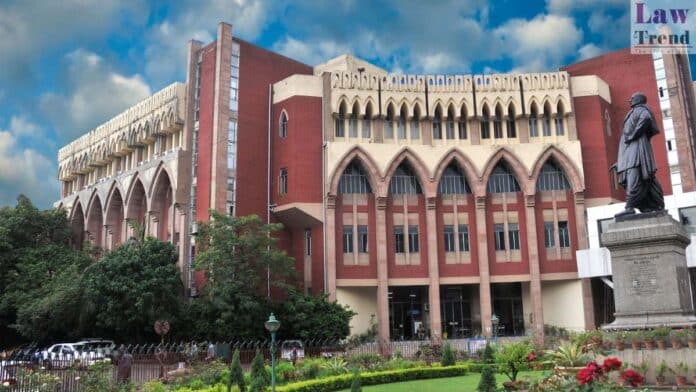A division bench of the Calcutta High Court on Monday overturned a single bench order that had granted premature release to Md Khalid, a life-term convict in the 1993 Bowbazar blast case that killed around 70 people.
The bench, comprising Justice Debangsu Basak and Justice Md Shabbar Rashidi, upheld the decision of the State Sentence Review Board, which had refused Khalid’s release despite recommendations from some correctional authorities. The court observed that the decision-making process of the review board could not be faulted.
The Review Board, in its meeting on October 9, 2023, considered multiple reports, including recommendations from the superintendent of Medinipur Central Correctional Home and the chief probation-cum-aftercare officer, both of whom had supported Khalid’s release.
However, Kolkata Police strongly objected, citing Khalid’s close association with the blast mastermind, Rashid Khan, and his history of criminal activities. The police warned that Khalid’s release would likely lead to renewed law and order problems and posed risks to witnesses in the case.
The division bench gave weight to the apprehensions expressed by the state government and police, holding that the board’s unanimous rejection of Khalid’s release was “plausible” and not arbitrary.
On March 16, 1993, a massive explosion ripped through a Bowbazar house in central Kolkata, killing nearly 70 people and reducing the building to rubble. Rashid Khan, a local underworld don, and five others, including Khalid, were sentenced to life imprisonment under provisions of the Terrorist and Disruptive Activities (Prevention) Act (TADA).
Khalid has spent 32 years behind bars. In April 2024, a single bench of the Calcutta High Court had ordered his premature release, though the operation of the order was stayed for four weeks on the state’s request. The state later appealed, and the division bench stayed Khalid’s release pending its decision.
“The view taken by the Review Board is plausible and cannot be said to be unreasonable, arbitrary or in colourable exercise of powers,” the bench observed while setting aside the single bench’s April 2024 order.




